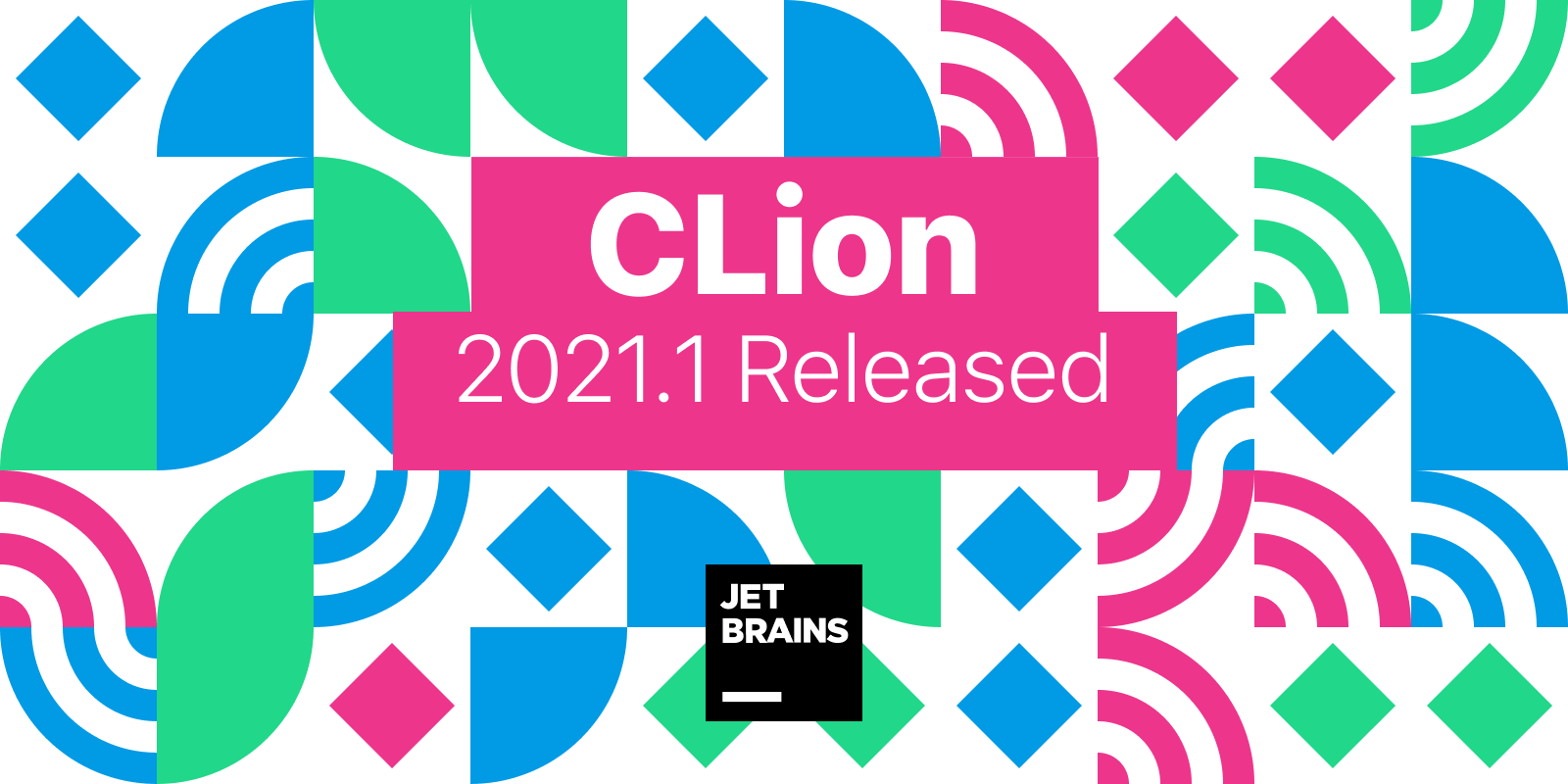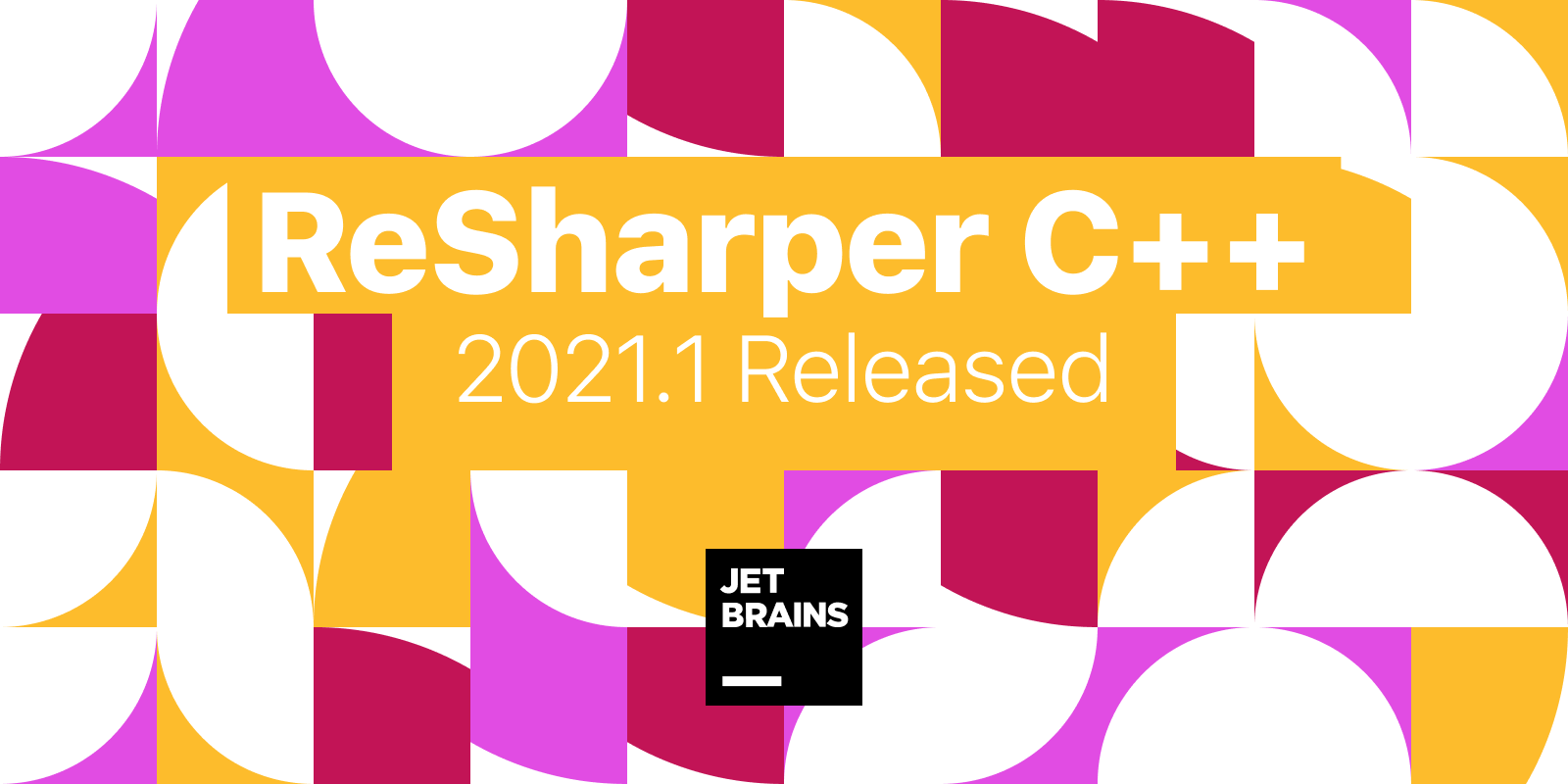Clang 12.0.0 is released
Continuing to improve.
Clang 12.0.0 is released
From the article:
This document contains the release notes for the Clang C/C++/Objective-C frontend, part of the LLVM Compiler Infrastructure, release 12.0.0. Here we describe the status of Clang in some detail, including major improvements from the previous release and new feature work. For the general LLVM release notes, see the LLVM documentation. All LLVM releases may be downloaded from the LLVM releases web site.
For more information about Clang or LLVM, including information about the latest release, please see the Clang Web Site or the LLVM Web Site.
Note that if you are reading this file from a Git checkout or the main Clang web page, this document applies to the next release, not the current one. To see the release notes for a specific release, please see the releases page...

 Time to test it?
Time to test it? ReSharper C++ 2021.1 is released!
ReSharper C++ 2021.1 is released!